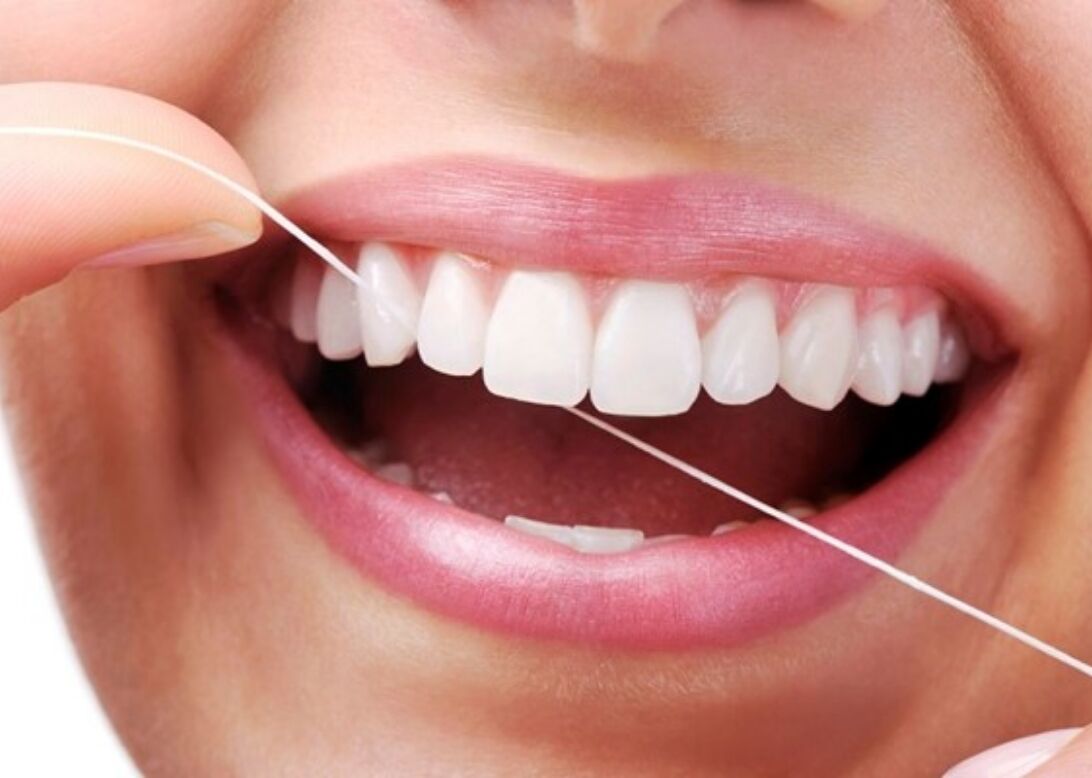Keeping your smile healthy goes beyond just properly brushing and flossing. Your diet plays a pivotal role in how well your oral health is maintained. In fact, the experts at Sydney's dental nutrition clinic advise that the food and drink we consume can powerfully influence not just our waistlines but also our teeth and gums. In this blog, we will explore that connection in a little more detail and give you some very good reasons to smile if you're a health and nutrition enthusiast.
How a diet affects the state of oral health.
You can either give your teeth the nourishment they need or make them sick with the things you eat. It doesn’t mean you have to be perfect all the time—it just means being more aware of what you’re putting in your mouth and how it might affect your teeth. Here are some things that can make your food choices a little wiser.
Which Foods Harm Dental Health?
Your teeth can suffer from certain foods and drinks. Here are some you should restrict or even eliminate:
Sweet treats and drinks such as candy, soda, and cookies all help make the universe of oral bacteria much larger, says Peter C. Molan, senior scientist at the Excellent International Research Laboratories in Hamilton, New Zealand. The types of sugars contained in these snacks—sucrose, glucose, and fructose—are the same types that are used by a range of oral bacteria to make the sticky matrix known as dental plaque.
Over time, the tooth enamel can be worn down by the acidity of certain foods and beverages. For example, the enamel can be endangered by high concentrations of acid in citrus fruits, tomatoes, vinegar dressings, and carbonated drinks. These acidic foods and drinks can corrode tooth enamel, until at last, if not prevented or treated, the entire surface of the tooth can be gone, causing exposed dentin, and leading to tooth sensitivity and, sometimes, even to eminently preventable root amputation.
Foods that stick: They can serve up a very good atmosphere for bacteria. That’s why dentists are especially down on those, um, non-nutritive snacks you might be nibbling on.
Sugars that can lead to cavities come from foods like chips, bread, and pasta that break down into sugars.
Which foods promote good dental health?
Adding certain foods to your daily diet might ensure that your teeth not only aren’t deteriorating but are also in the process of repair.
Milk, cheese, and yogurt offer ample amounts of calcium and phosphates. They are not only good for our teeth but also essential for making them strong. Enamel—the white, outer surface layer of our teeth—contains the most calcium of any tissue in our bodies. Good sources of calcium help keep teeth strong and healthy. Acid erodes tooth enamel, but cheese lessens the acid’s damaging effects and helps return the mouth to a normal, non-acidic state. Moreover, eating a piece of cheese typically means you’ve also cleared away whatever’s layered your teeth.
Green leaves, particularly of plants like spinach and kale, are major sources of minute amounts of many essential minerals and vitamins (especially folic acid, calcium, and potassium) and other beneficial phytochemicals. This is why dark green leafy greens are significant contributors to the health of teeth and gums.
Biting into firm fruits and vegetables like apples, carrots, and celery helps clean teeth and promote saliva production.
Almonds, chia seeds, and sesame seeds are nutritious choices—ones that do good for your teeth by providing essential nutrients like calcium and magnesium, according to MINT dentistry.
Chicken, fish, and eggs provide good protein and phosphorus—all very essential components for tooth structure and overall oral health.
The Importance of Hydration to Dental Well-being
It is very important to keep yourself hydrated if you want to have good oral health. Water is the best thing you can drink; it helps wash away food and bacteria that can promote tooth decay. Popping open a bottle of water is, of course, the simplest way to have the necessary drink. Yet it is also possible to fulfill this need in less obvious ways, such as through the consumption of water-rich foods. Regardless of whether you drink your water or eat it, Sydneysiders are better off than they might have been had their drinking water not contained fluoride.
The job of saliva is to keep the mouth and other parts of the digestive system moist. By being moist, the digestive system can chemically break down food. The enzymes in saliva play an important part in this breakdown process. enzymes are proteins that speed up chemical reactions.

